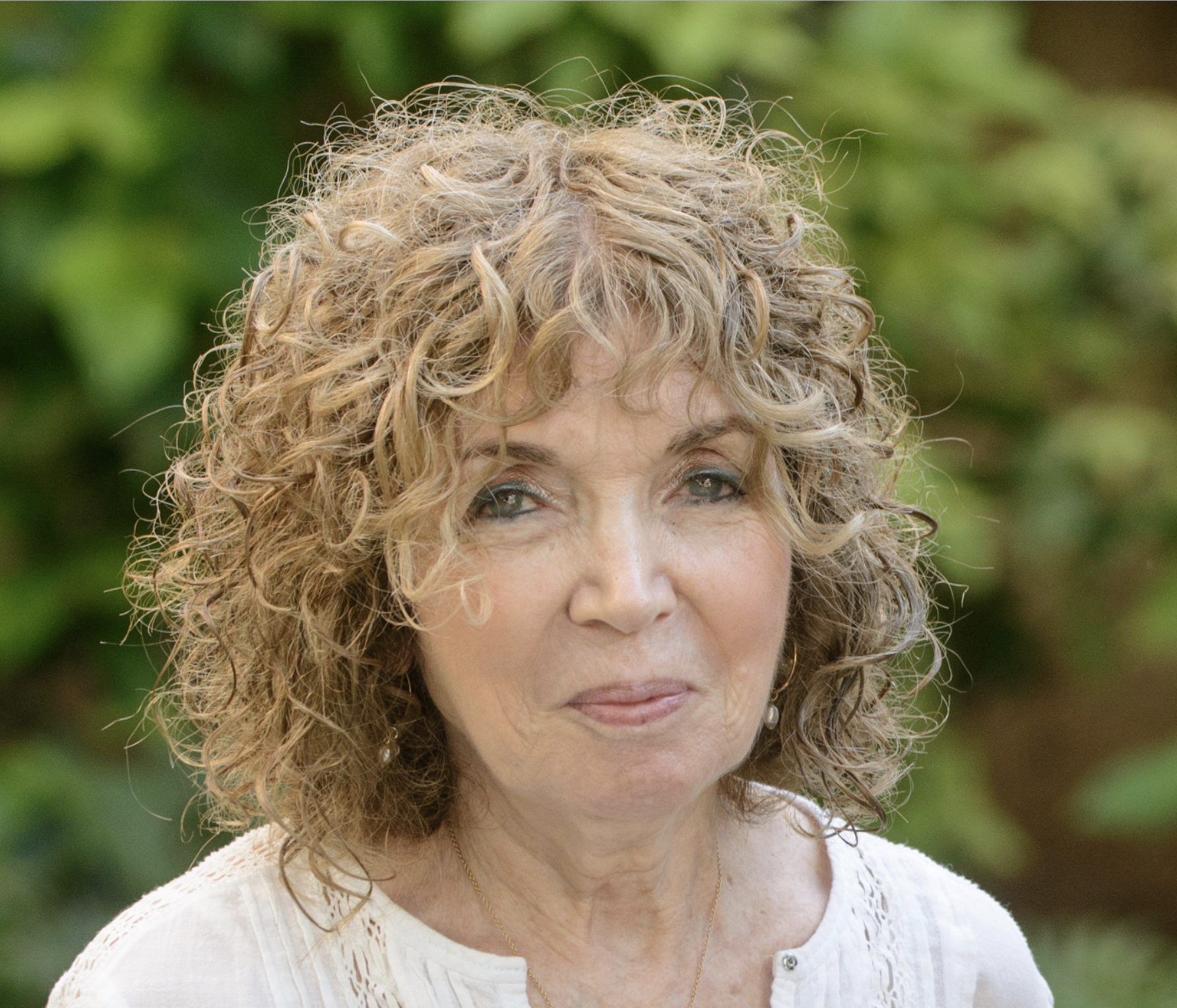
Five students from the MRes Experimental Neuroscience and the MSc Translational Neuroscience courses interviewed Professor Michal Schwartz, Professor of Neuroimmunology at the Weizmann Institute of Science and a leading scientist in the field of Neuroimmunology. She was elected Chair of the International Society of Neuroimmunology between 2016 and 2018. In 2019 she won the EMET Prize, and in 2022 she was awarded the Federation of European Neuroscience Societies European Journal of Neuroscience Award for her outstanding career in neuroimmunology.
The questions were created by Georgina Lockwood-Taylor, Sarah Osborn, Emerie Sheridan, Sonya Skobelkina and Chris Tsoi.
What was it like moving from Jerusalem to Ann Arbor, Michigan – What were your motivations behind the move?
After completing my PhD at the Weizmann Institute of Science, I went to Michigan for a postdoctoral fellowship, focusing on Immunology. During my PhD, I became interested in combining Immunology and Neuroscience. I was mainly intrigued by the fact that both these systems are endowed with plasticity and diversity. I initially thought that the interaction of the immune system and the brain would be evident mainly following injury. I, therefore, chose a lab in Ann Arbor that was, at that time, among the pioneers in studying nerve regeneration in the Central Nervous System. The discoveries my team made over the years took me far beyond my initial assumption. This is the beauty of science: you know where you start, but if you are driven by curiosity and imagination, your research can take you far beyond your original horizon.
What prompted you to transition from chemistry into neuroimmunology?
My initial transition was from chemistry to chemical immunology. As a postdoctoral fellow, I moved to neurosciences. Only as a young independent investigator, I moved into brain immunity crosstalk. In launching this new field, my knowledge and curiosity led me to describe interactions that not only were never considered before, but were thought to be impossible, namely the life-long dialogue between the brain and the immune system needed for brain maintenance.
What inspired you to investigate the role of immunology in pregnancy and foetal brain development?
I discovered this connection almost by serendipity, as often happens in science. We were studying whether and how normal brain plasticity is affected by the systemic immune system, and we discovered that both cognitive ability and brain neurogenesis are impaired when the adaptive immune system is compromised, even if the brain is healthy; this implied that healthy brain plasticity is dependent on the integrity of the immune system. At that time, one of my graduate students was pregnant, and she asked whether this could explain “brain fog” during pregnancy, and my answer was: “Of course. During pregnancy, the adaptive immune system is suppressed to avoid rejection of the foetus, which is 50% foreign to the pregnant woman”. Indeed, we subsequently showed experimentally that the immune system is necessary for the life-long functioning of the brain.
Do you think there is a potential biomarker to foreshadow AD and guide immunomodulation therapy?
We have scientific evidence for such a marker, and we are currently completing experiments to publish this finding.
How do you feel creativity meshes with science to create success?
There are several components to scientific success. These include curiosity, innovation, passion, hard work, and bravery to suggest models that go against prevailing dogma and be able to continue to strive for scientific truth against your opposition. Needless to say, none of this is possible without an outstanding team.
What are the most exciting frontiers in the field right now, and what do you expect the next breakthrough to be?
I am always thrilled by new discoveries and look forward to making the next one. Specifically, I am excited that our new understanding of neuroimmunology has paved the way for numerous additional discoveries applicable to a broad spectrum of debilitating brain conditions. In addition, a clinical trial based on my suggested immunotherapy to treat Alzheimer’s disease is about to begin in human patients, marking the full development of this therapy from the lab to the bedside. If the treatment is successful, it will change the lives of millions of patients and their families.
Which of your many accolades are you most proud of? Which is most meaningful to you?
Altogether, I am most proud of my central discovery, which continues to influence the entire field, that the brain (central nervous system) engages in life-long communication with the immune system for its day-to-day function and its repair. This enabled all my subsequent findings of the immunological niches within the brain’s borders (meninges, choroid plexus epithelium), communication between the skull bone marrow and the brain, and the implications of immunotherapy to fight neurodegenerative disorders.
What was the most recent challenge you faced in your research, and how did you overcome it?
While my description of the role of the immune response in shaping the brain is no longer controversial and has entered the ‘mainstream’, some of my newer findings, such as immunotherapy to beat Alzheimer’s disease, have met fierce resistance from my competitors. The only way to overcome such challenges is to continue providing more data to support one’s discoveries. It becomes more difficult when the opposition is not expressed in a collegial manner, as is often the case.
Which facet of your research do you feel you are yet to unlock?
Bringing my approach to the clinic to treat debilitating neurodegenerative diseases such as dementia, and particularly Alzheimer’s disease.